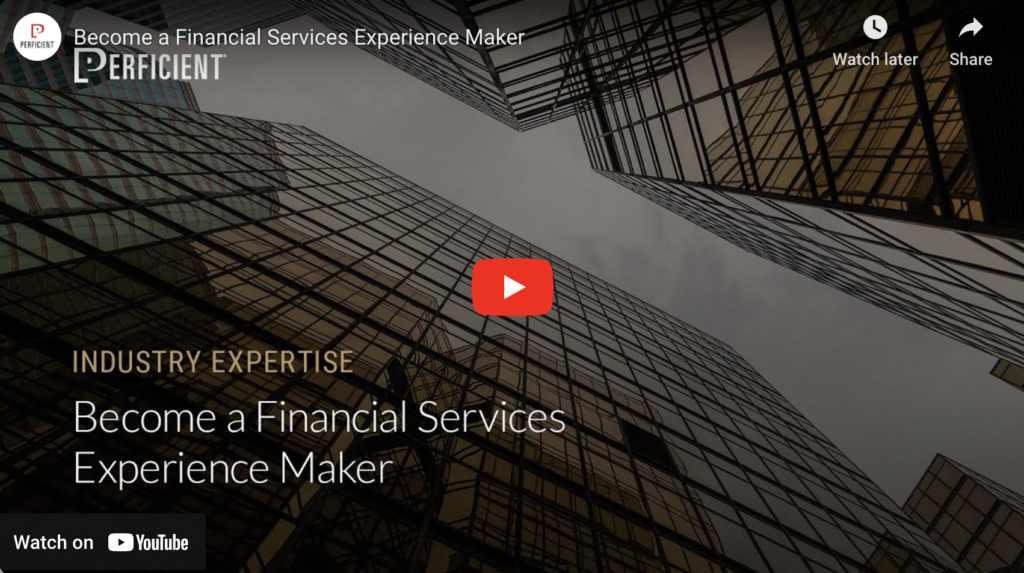This blog was co-authored by: Ashley Simmons
In conversations with financial services executives, Perficient consultants consistently delve into the application and usage of artificial intelligence (AI) within the industry.
A pivotal aspect of this conversation revolves around the regulatory perspective toward AI. To help shed light on this matter, Perficient’s Financial Services Risk and Regulatory Center of Excellence (CoE) researched the topic extensively and discovered that the Office of the Comptroller of the Currency (OCC) has classified AI as an emerging risk to the banking industry.
Positive Aspects of AI in Financial Services
As noted by the OCC, advances in computing capacity, increased data availability, and improvements in analytical techniques, have significantly expanded opportunities for banks to leverage AI for risk management and operational purposes.
The utilization of AI has seen tremendous growth over the last few years, including:
- Customer chatbots
- Customer chatbots serve to streamline operations by reducing the need for extensive phone center staffing. This mitigates the risk of customer service representatives providing incorrect information and ensures compliance with regulatory disclosures, ultimately enhancing the overall customer experience while reducing costs.
- Fraud detection
- AI-driven fraud detection proves instrumental in curtailing the time required for addressing stolen debit and credit cards, thereby minimizing losses resulting from identity theft.
- Credit scoring
- Credit scoring AI enhances credit accessibility for deserving customers who might otherwise be overlooked by traditional credit algorithms. By continuously improving and adapting over time, AI-driven credit scoring ensures a fairer assessment and broader availability of credit.
AI Risks in Financial Services
Offsetting the positive aspects, the OCC cautions that risks can still arise, such as:
- Lack of explainability
- Reliance on large volumes of data
- Potential bias
- Privacy concerns
- Third-party risk
- Cybersecurity risks
- Consumer protection concerns
The OCC report emphasizes the importance of banks identifying, measuring, monitoring, and controlling these risks associated with AI, applying the same standards as using any other technology.
While existing guidance may not explicitly address AI, the OCC maintains that safety and soundness standards and compliance requirements remain applicable. The supervision risk management principles, outlined in the OCC issuances, provide a solid framework for banks implementing AI to operate safely, soundly, and fairly.
Looking Forward
The OCC maintains a technology-neutral stance and supports continuing efforts by national banks and federal savings associations to explore safe and sound uses of new and emerging financial technology such as AI.
While recognizing the potential benefits AI offers to both consumers and banks, the OCC remains vigilant about associated risks. However, there remains a hopeful expectation for the development of new guidance and standards in this domain, as well as the establishment of AI-specific bank regulators to intelligently examine banks utilizing AI.
Contact our experts today if you are interested in learning more about up-and-coming news in financial services.
For more guidance around regulatory risk and compliance, please view past blogs offered by Perficient’s Risk and Regulatory CoE:



